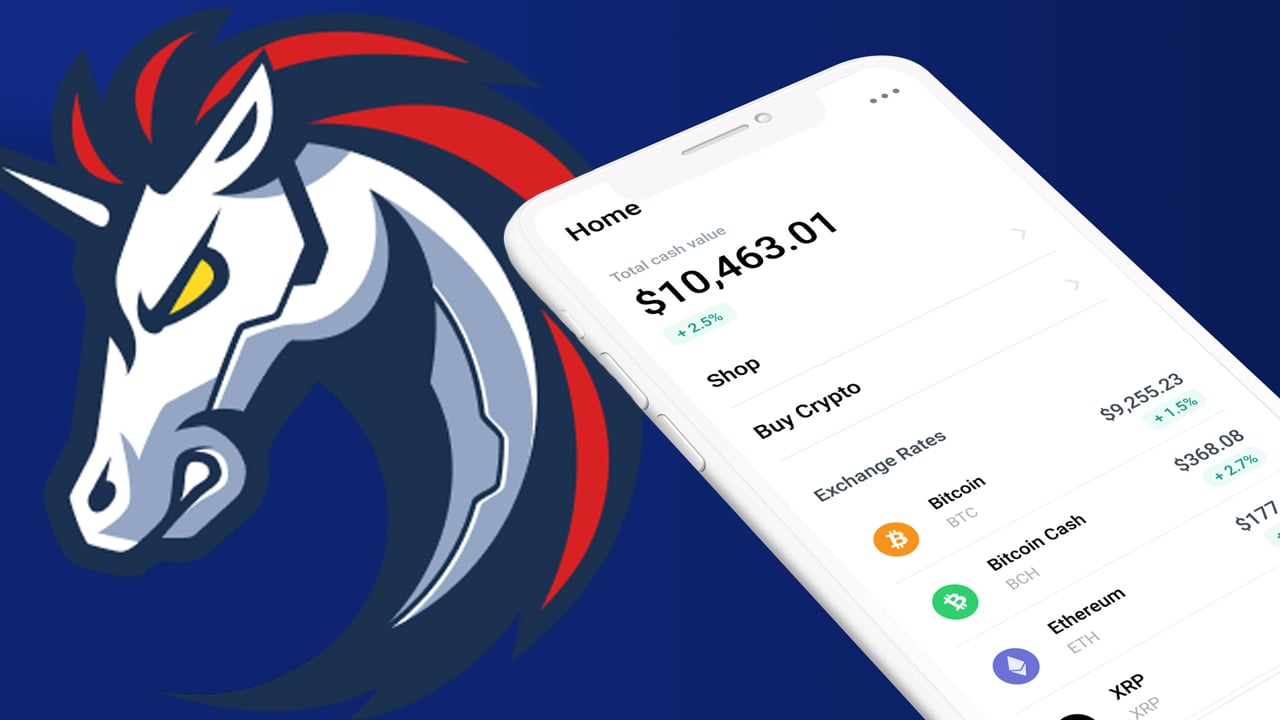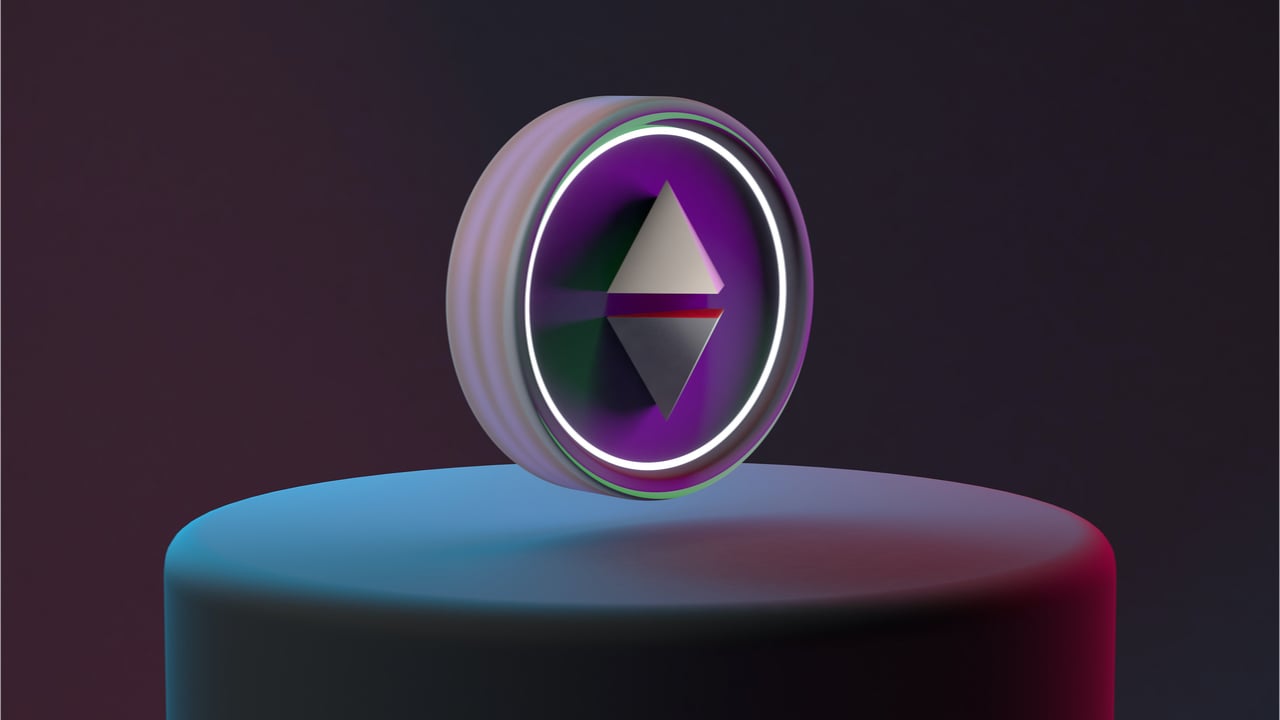 On August 31, the Atlanta-based cryptocurrency payments services provider Bitpay announced that the Bitpay wallet has integrated the decentralized exchange (dex) aggregator 1inch Network. Bitpay wallet users can utilize 1inch protocol to swap ether or the myriad of ERC20 tokens. The Bitpay Wallet Supports 1inch Decentralized finance (defi) has grown exponentially according to statistics as […]
On August 31, the Atlanta-based cryptocurrency payments services provider Bitpay announced that the Bitpay wallet has integrated the decentralized exchange (dex) aggregator 1inch Network. Bitpay wallet users can utilize 1inch protocol to swap ether or the myriad of ERC20 tokens. The Bitpay Wallet Supports 1inch Decentralized finance (defi) has grown exponentially according to statistics as […] Over the last seven days, decentralized exchange (dex) trade volume has tapped $17 billion across the 21 Ethereum dex platforms. Pancakeswap has seen between $400K to $860K every 24 hours during the last week as well. Meanwhile, dex aggregators are eating away at dex trade volumes, becoming more popular by the day. Uniswap Commands Top […]
Over the last seven days, decentralized exchange (dex) trade volume has tapped $17 billion across the 21 Ethereum dex platforms. Pancakeswap has seen between $400K to $860K every 24 hours during the last week as well. Meanwhile, dex aggregators are eating away at dex trade volumes, becoming more popular by the day. Uniswap Commands Top […] On August 17, the decentralized exchange (dex) aggregator 1inch announced the platform will leverage the Layer 2 solution called optimistic rollups provided by the project Optimism. The collaboration with Optimism aims to “substantially increase transaction speeds and lower gas fees for 1inch users.” 1inch to Use the L2 Solution Optimistic Rollups via Optimism Gateway Ever […]
On August 17, the decentralized exchange (dex) aggregator 1inch announced the platform will leverage the Layer 2 solution called optimistic rollups provided by the project Optimism. The collaboration with Optimism aims to “substantially increase transaction speeds and lower gas fees for 1inch users.” 1inch to Use the L2 Solution Optimistic Rollups via Optimism Gateway Ever […]
Global auditing giant Ernst & Young has released the third iteration of its zero-knowledge proof Ethereum scaling solution.
Ernest & Young's (EY's) attempts to promote secure and private transactions over public blockchains at cheaper costs has culminated in the release of Nightfall 3.
The company announced the news via a release on July 1, stating that Nightfall 3 combines zero-knowledge proofs with optimistic rollups — zk-Optimistic Rollups — to improve transaction efficiency on Ethereum.
Indeed, zk-Rollups are one of the layer-two scaling solutions being developed to achieve scalability for networks like Ethereum, using a process of batched transfers “rolled” into one transaction.
EY’s first contribution to ZK proofs was in April 2019, previously reported by Cointelegraph at the time. In this new iteration, the EY team said that Nightfall 3 is a collection of tools for privately managing Ethereum transactions.
Nightfall 3 reportedly ZK proofs transactions into Optimistic Rollups, removing the need for all authentication nodes to verify the validity of the transactions.
Nodes that challenge invalid blocks will receive rewards, thus ensuring that only valid transactions are added to the blockchain. According to the EY team, Nightfall 3 constitutes a significant improvement in transaction efficiency and gas fee reduction.
Detailing the improvements in the zk-Rollups solution, global blockchain leader at EY Paul Brody remarked that the protocol offered the best balance of mathematical efficiency and security for private transactions on the Ethereum network.
According to the announcement, Nightfall 3’s zk-Optimistic Rollups solution can deliver almost 90% in gas fee reduction compared with public ERC-20 token transfers.
By publishing Nightfall 3 to the public domain, Brody stated in the announcement that EY was doing its part to hasten enterprise adoption of the technology.
Related: Major Auditing Firm Ernst & Young Releases Updates to Two Blockchain-Related Products
With Ethereum 2.0 is still in the works, layer-two solutions like ZK proofs and Optimistic Rollups continue to be touted as short-term solutions to increase Ethereum’s network throughput.
ZK proofs are not EY’s only exploratory work on blockchain technology. Indeed, the firm has previously published a blockchain analyzer tool. The auditing giant released a beta version of the smart contract analyzer back in April 2019.
Optimism has delayed its launch date until July. Optimism had originally planned to go live this month.
In a blog post titled “Optimistically Cautious,” the team wrote that they had set a “rough estimate” for launching in July.
In February, the team announced that it had taken on several new hires after closing a funding round led by a16z. The expansion, they said, would allow them to launch on mainnet in March (before that, March was slated for the public testnet).
Now, the team has cited the potential risks of rushing a launch as a reason for the postponement. The blog post said that there would be “a very real risk” of bad actors forking popular projects to defraud users if it went live too early.
With the delay, the team said it hopes to achieve “a more coordinated community launch.” The post went on to say:
“Our goal is to make sure that foundational projects, infrastructure providers, block explorers, wallets, and token bridges have time to integrate, audit and test.”
Optimistic Ethereum has been a hot talking point across the DeFi community over the last few months. Ethereum’s leading synthetic assets protocol, Synthetix, launched on Optimism earlier this year. The move has saved users $10.1 million in fees, according to the blog post. This week, Uniswap detailed its plans to move onto the solution following its V3 update.
Optimism leverages Optimistic Rollups, a Layer 2 solution that aims to make Ethereum more scalable. Optimistic Rollups run on a sidechain to Ethereum, and they offer the composability that allows DeFi protocols to work like so-called “money legos.”
Rollups can also take the form of ZK-Rollups, aiming to make Ethereum more scalable by bundling transactions in what’s known as a SNARK—a succinct non-interactive argument of knowledge.
Optimism also said it would be keeping a whitelist of “infrastructural” projects open for the time being due to the important role they play in the success of projects that follow them. They’ll also open the testnet for a Scaling Ethereum hackathon next month.
The team concluded the note by outlining rough plans to launch in July, depending on the wider ecosystem’s stability.
“When we launch, we will do so together as a community,” they wrote.
Disclosure: At the time of writing, the author of this feature owned ETH and SNX. They also had exposure to UNI in a cryptocurrency index.